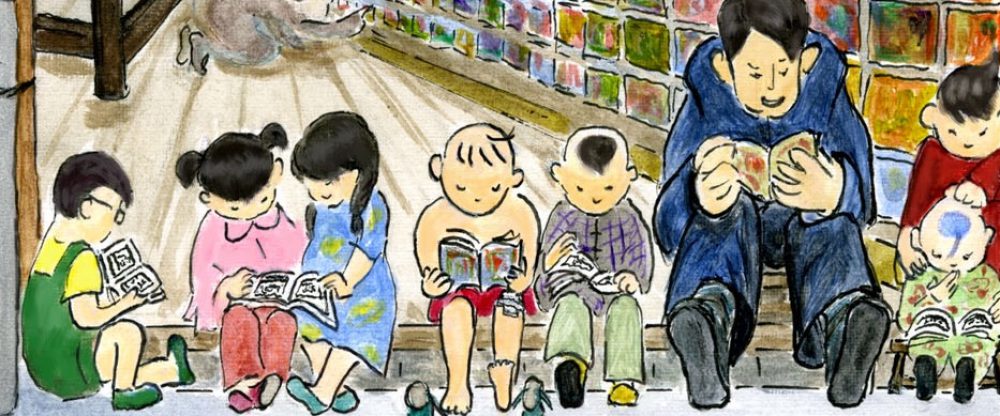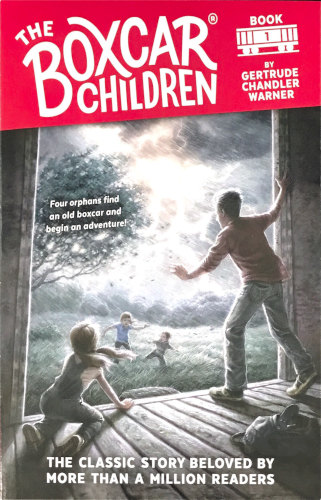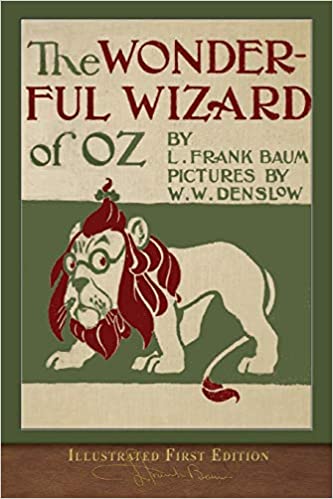Guavarama has been writing about home-educating and raising Chinese speakers and readers for some years now, and the Guavarama Facebook account offers a wealth of information, and tried and tested ways, things that worked and things that didn’t. We’re very pleased that Guavarama agreed to be interviewed. Thank you, Guavarama!
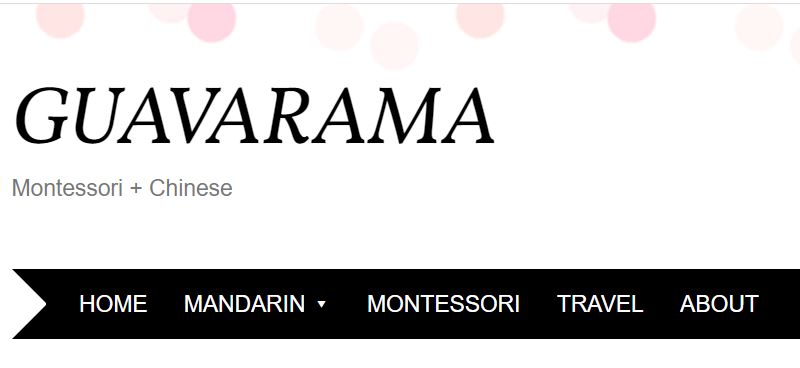
Please tell us about yourself, Guavarama. What would you like our readers to know about you?
I’m an introverted homeschooling mama, who procrastinates by watching way too much K-drama instead of prepping. I’ve learned four to five languages but can only really speak two. It is why I have strong opinions on how to learn languages. We’ve been homeschooling for 7+ years and a major reason was because I wanted the kids to learn Chinese in a Montessori way or more non-traditional method.
I’ve been very impressed with the ways you have endeavoured to raise your children as Chinese readers. This isn’t easy. Could you tell us how you went about it?
People always tell me what I did takes a lot of effort. And on some level it did. But really the only thing I could consistently and persistently do was set up the Chinese Learning Environment. I don’t have the stamina to actually teach. The most time I spent (and you see this in my blog often) is researching and understanding how to teach, hours making material, and then 15 minutes of kids working on said material and me giving up eventually.
We didn’t spend our summers in Taiwan (as some families did). I sped through Sagebooks with one child (she’d learned at least half through pre-school) and 3/4 with the other (we started zhuyin by set 4 and I zoomed through set 5 as well). Everything else was really just CLE. Most of the other things I tried to “teach” (成語, poems, etc) did not last for more than a few times.
The key, I think, is (1) knowing the end result you want, (2) being consistent, and (3) being persistent.
We are often asked about where to find appropriate books and reading material in Chinese. How do you do this?
There are three aspects. One is that I home-school, so we needed non-fiction and fiction books that supported our learning. Two is that I learned English late, so I tend towards the classics in either language, as I felt that once you pass a certain reading level, without knowing the classics, you get stuck academically in the language. So going in, I already had opinions about what books to read. Then, you add the third aspect, which is just reading tons of book recommendation blogs.
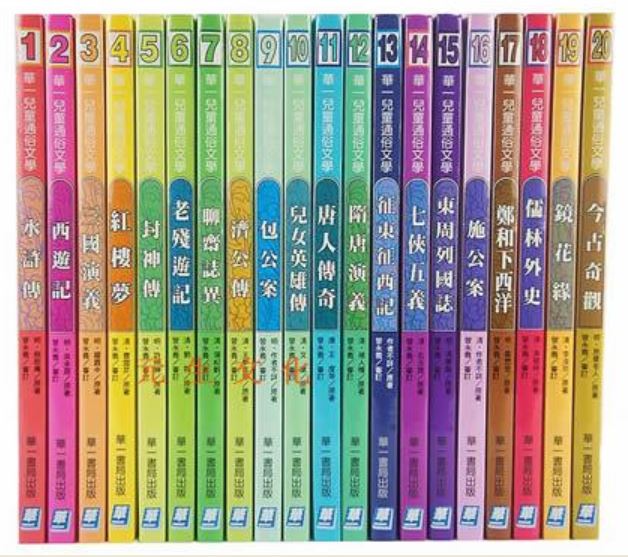
On the book choosing front, I’ve always felt like I’m in the middle, like how many of us are in the middle between “Asian” and “American”. I can’t buy books all the Taiwanese parents recommend because they’re coming in as a native speaker, they read to their children (I have a 5-min stamina), they can afford to just pick books that are interesting because they themselves offer other opportunities for language input. Plus, they have the local library!
At the same time, the books in the American bookstores like China Sprout or Asian Parent were often not of good quality (there weren’t that many choices back then).
It took many years of research to find what I wanted. I’ve detailed where to buy the books on my blog, and it hasn’t changed much.
You’ve had some success with accessing Chinese children’s books on a Kindle. I would love to be able to read Chinese on a Kindle and look up characters as I read. You make it look so easy. Could you give us some tips on how to get started?
That’s a bit harder. I would need to write a blog post on it! It’s easy if you want simplified characters because it’s all built in. The traditional Chinese part is harder and you have to install zhuyin fonts, which I have detailed on my blog, but I’m sure things have changed since the last time I did it.
Finally, we’re curious to know about your own childhood reading.
I read a lot as a kid. That’s all I did. I remember the Chinese book collections I read back in Taiwan. The most memorable is a set of 12 books, 華一兒童通俗文學 (“Chinese children’s popular literature”), of Chinese classic voyage/adventure stories like 鏡花緣. In middle/high school, it was just all adult novels by from Chiung Yao 瓊瑤 (Taiwanese author known for her romance novels) to Ni Kuang 倪框 (Hong Kong-American author known for his wuxia and science fiction novels). In English, I remember the sets like Encyclopedia Brown, Boxcar Children, and The Wizard of Oz. I didn’t read non-fiction till I was an adult!
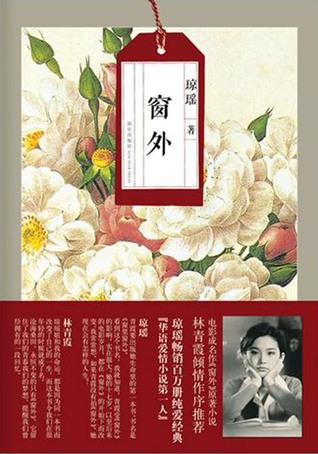

Ed: For convenience, we’ve listed the 20 titles in the “Chinese children’s popular literature” series below, with links to Wikipedia:
- 水滸傳 — Shui hu zhuan – The Water Margin / Outlaws of the Marsh / All Men are Brothers
- 封神傳 — Fegn shen zhuan – Investiture of the Gods
- 包公案 — Bao Gong an – Judge Bao
- 征東征西記 — Zheng dong zheng xi ji – Pacifying the East, Pacifing the West
- 鄭和下西洋 — Zheng He xia xi yang – Zheng He’s Voyage to the West
- 西遊記 — Xi you ji – Journey to the West / Monkey
- 老殘遊記 — Lao Can you ji – The Travels of Lao Can
- 兒女英雄傳 — Er nv ying xiong – Hero Boys and Hero Girls
- 七俠五義 — Qi xia wu yi – The Seven Heroes and Five Gallants
- 儒林外史 — Ru lin wai shi – Unofficial History of the Scholars
- 三國演義 — San guo yan yi – Romance of the Three Kingdoms
- 聊齋誌異 — Liao zhai zhi yi – Strange Tales from a Chinese Studio
- 唐人傳奇 — Tang ren chuan qi – Legends of the Tang Dynasty
- 東周列傳 — Dong Zhou lie zhuan – Eastern Zhou Biographies
- 鏡花緣 — Jing hua yuan – Flowers in the Mirror
- 紅樓夢 — Hong lou meng – Dream of the Red Chamber / The Story of the Stone
- 濟公傳 — Ji Gong zhuan – Mad Monk Ji Gong
- 隋唐演義 — Sui Tang yan yi – Romance of the Sui and Tang Dynasties
- 施公案 — Shi Gong an – Lord Shi
- 今古奇觀 — Jin gu qi guan – Spectacles in Ancient and Modern Times
